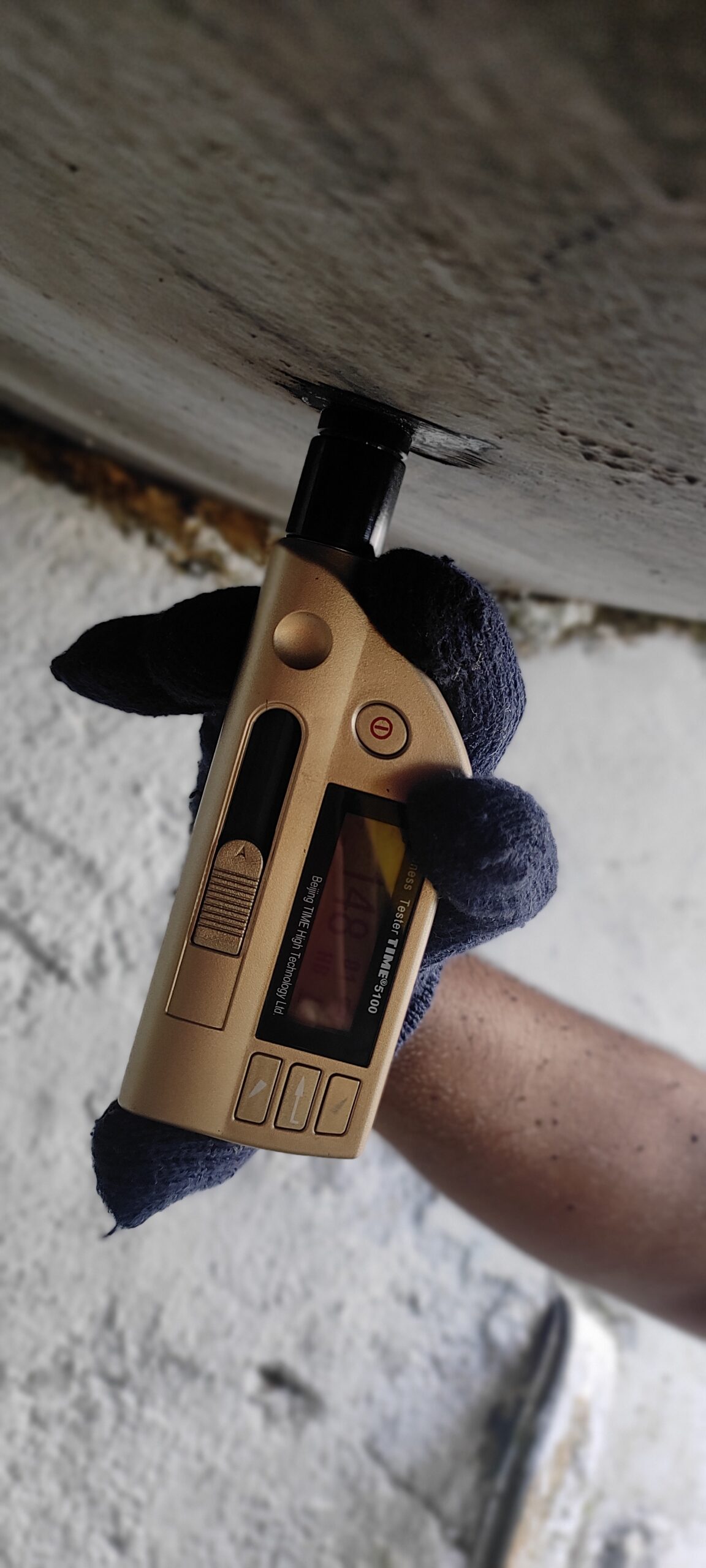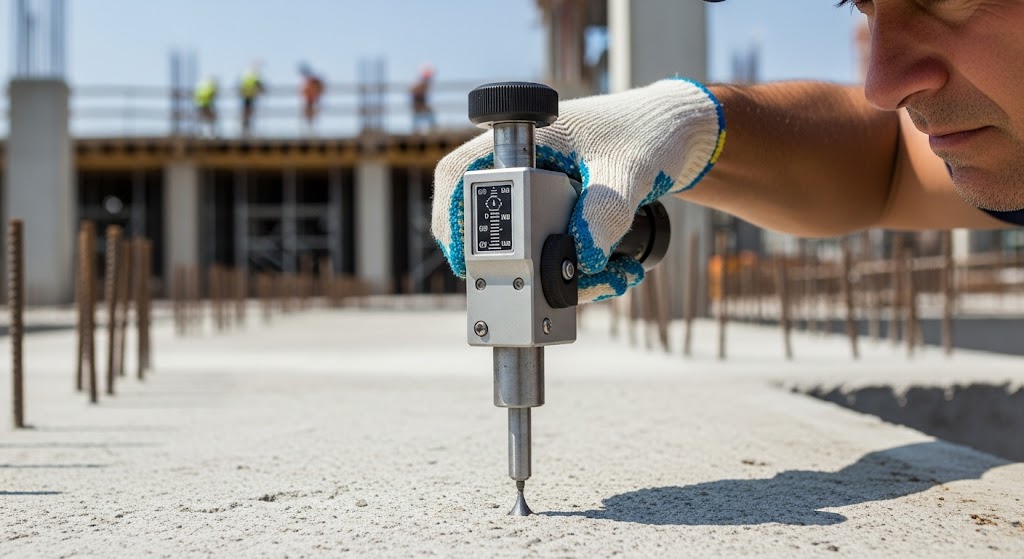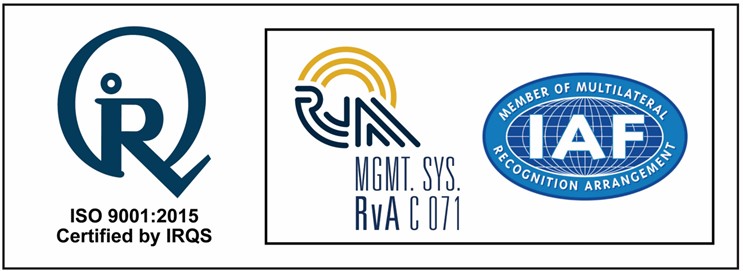
- +91-73564-85838
- [email protected]

Hardness Testing is a key mechanical test that evaluates a material’s ability to resist indentation, scratching, or deformation. It’s an essential method for verifying strength, wear resistance, and heat treatment efficiency in metals and alloys.
Hardness testing measures a material’s resistance to permanent surface deformation by applying a fixed load through a standardized indenter. The resulting impression is analyzed to determine hardness values, which indicate the material’s strength, ductility, and resistance to abrasion or wear.
Kaztron NDT offers portable and laboratory-based hardness testing using standard methods like Rockwell, Brinell, and Vickers. These tests are crucial in quality control, material verification, and inspection of welds or heat-treated components. Our trained inspectors ensure precise, repeatable results and adherence to international standards.


Our hardness testing services ensure accurate and repeatable results with portable or bench-top machines, suited to both field and lab environments. We support critical industries with inspection and verification of mechanical properties.
Our experts are ready to assist.
From selecting the appropriate test method to ensuring compliance with standards, Kaztron NDT provides professional support tailored to your material and application needs.
📩 Reach out to us for consultation, on-site testing, or a custom quote.
Hardness testing plays a vital role in maintaining quality, safety, and reliability in industrial components. Kaztron delivers trusted results, whether for weld inspection, process validation, or failure analysis.
Precision instruments and trained technicians ensure valid, standardized results.
Our portable hardness testing covers inaccessible and in-use assets with ease.
Used for acceptance of raw materials, weld quality, and in-service component evaluations.
Real-time hardness values with standard conversion charts.
Explore some of the most commonly asked questions about our Hardness Testing service.
It’s used to determine a material’s resistance to indentation, helping assess strength, durability, and heat treatment quality.
Common methods include Rockwell (HRC, HRB), Brinell (HB), and Vickers (HV), depending on the material type and test application.
Yes. We provide portable hardness testers suitable for on-site testing of large or fixed components.
It’s minimally invasive. The test causes small surface indentations but doesn’t compromise component performance.
Most metals, alloys, weldments, and heat-treated components can be tested for hardness.
The method depends on the material type, expected hardness range, surface condition, and applicable standards.
Sign up our newsletter to get update news and article about company.





Kaztron NDT Pvt Ltd offers certified NDT training and inspection services, helping industries and professionals ensure safety, quality, and compliance through advanced testing techniques.